Planning your dream trip abroad can be exciting, but many American travelers make the same packing mistakes over and over again. You might think you’ve got everything covered, only to realize you’re stuck in a foreign country without essential items that could make or break your adventure. These forgotten necessities often turn into expensive lessons learned the hard way. Here are the top ten things that consistently slip off American packing lists, leaving travelers scrambling once they arrive at their destination.
1. Universal Power Adapter
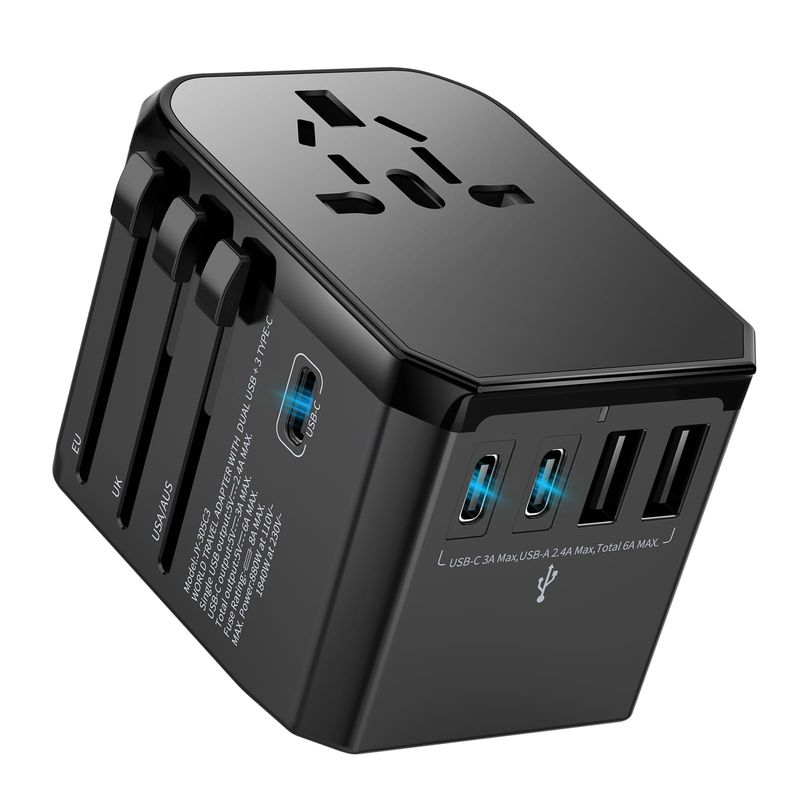
Many American travelers assume their standard two-prong plugs will work everywhere or that hotels always provide adapters.
Different countries use completely different outlet shapes and voltage systems. Europe uses round two-pin plugs, the UK has three rectangular pins, and Australia uses slanted flat pins.
Without a universal adapter, your phone, camera, and laptop become expensive paperweights. Smart travelers pack a quality universal adapter that works in multiple countries, ensuring their devices stay charged throughout their journey.
2. Portable Power Bank
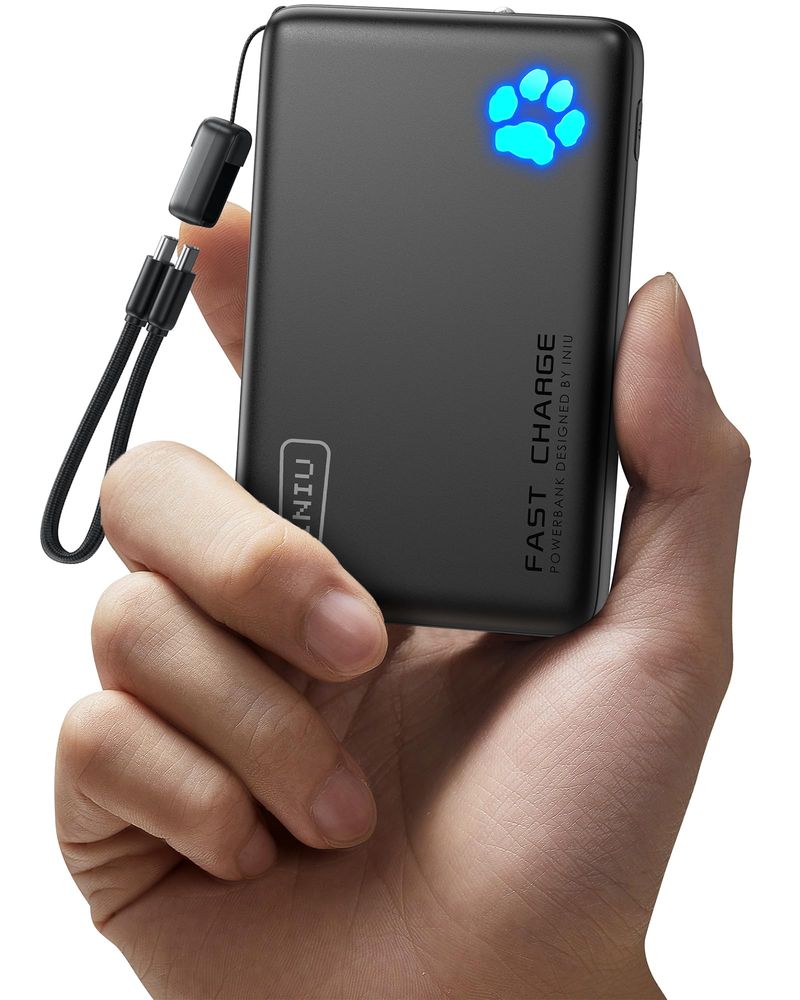
Your phone battery seems invincible at home, but international travel drains it faster than you’d expect. Between using GPS to navigate unfamiliar streets, translating foreign signs, and capturing every Instagram-worthy moment, your battery disappears quickly.
Add in poor cell service that makes your phone work overtime searching for signals, and you’ll be lucky if your battery lasts half a day. Many travelers confidently skip packing a power bank, thinking they’ll find charging stations everywhere.
A portable power bank becomes your lifeline when you’re lost in Tokyo at midnight or need to call your Airbnb host in Barcelona. Choose one with at least 10,000mAh capacity for multiple phone charges.
3. Reusable Water Bottle with Filter

“I’ll just buy bottled water everywhere” sounds reasonable until you’re paying five dollars for a small bottle at European tourist sites. Many Americans forget that water quality varies dramatically worldwide, and constantly buying plastic bottles gets expensive fast.
Some destinations have perfectly safe tap water, while others require extra caution. A filtered water bottle gives you freedom to refill anywhere while protecting against potential stomach issues from unfamiliar water sources.
Modern filtered bottles remove bacteria, parasites, and weird tastes that might upset your system. You’ll save money, reduce plastic waste, and never worry about finding clean drinking water during long sightseeing days in remote locations.
4. Extra Copies of Important Documents
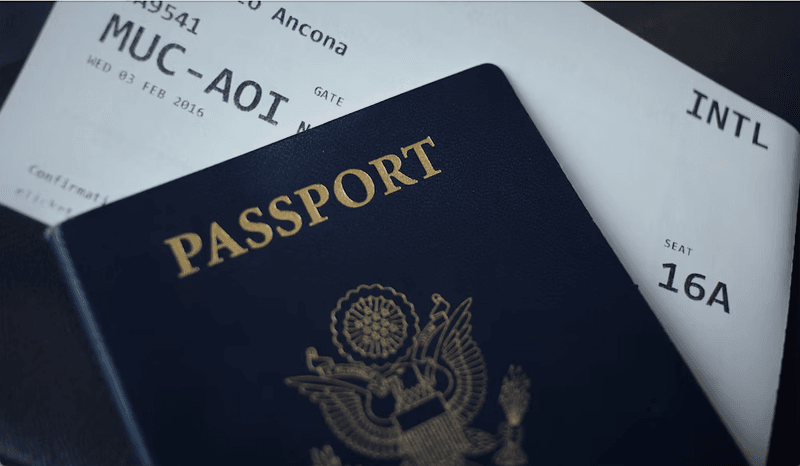
Digital copies on your phone feel modern and convenient until your device gets stolen, damaged, or runs out of battery at the worst possible moment. Losing your passport in a foreign country becomes a nightmare without backup documentation.
Embassies and consulates can help replace lost documents, but the process moves much faster when you have physical copies of your passport, visa, travel insurance, and emergency contacts. Store copies separately from originals in different bags.
Smart travelers also email copies to themselves and leave sets with trusted friends at home. When disaster strikes, having multiple backup plans can mean the difference between a minor inconvenience and a ruined vacation that costs thousands to fix.
5. First-Aid Kit with Meds
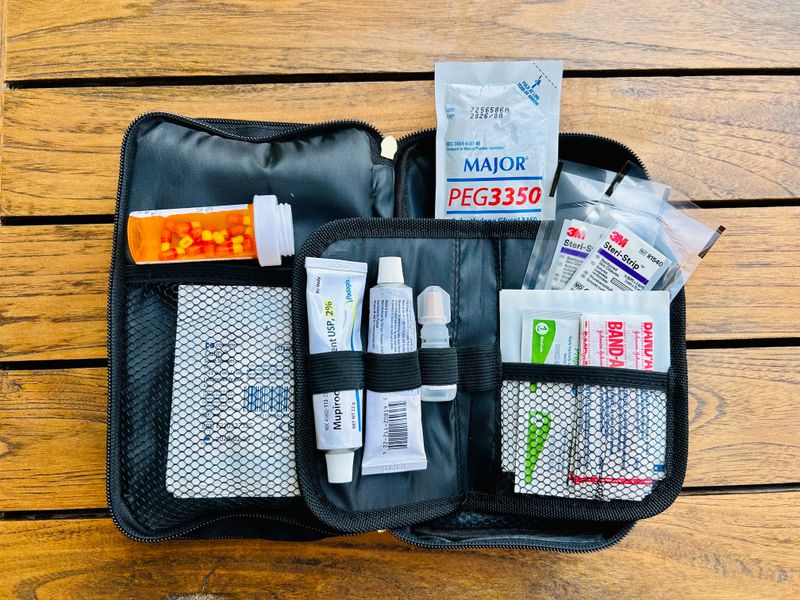
Finding a pharmacy in rural Italy at 2 AM when you have food poisoning isn’t fun. American travelers often assume medical supplies will be readily available everywhere, but pharmacies have different hours, language barriers exist, and familiar brands might not be available.
Pack basics like band-aids, pain relievers, anti-diarrheal medication, motion sickness pills, and any prescription medications you take regularly. Include a few extra days’ worth of prescriptions in case flights get delayed.
Different countries have varying regulations about medications, so research restrictions beforehand. A small first-aid kit takes minimal space but can save your trip when minor health issues arise far from familiar medical care and pharmacies.
6. Comfortable Walking Shoes

Those cute shoes you planned to wear look amazing in photos but feel terrible after walking ten miles on cobblestone streets in Prague. Many American cities are designed for cars, so we underestimate how much walking international travel involves.
European cities, Asian markets, and historic sites often require extensive walking on uneven surfaces. Blisters and sore feet can ruin entire days of sightseeing and leave you hobbling back to your hotel instead of exploring.
Pack broken-in, supportive walking shoes with good arch support and cushioning. Your feet will thank you after climbing the steps of Machu Picchu or wandering through the sprawling markets of Marrakech for hours without pain or discomfort.
7. Earplugs & Sleep Mask

Jet lag hits differently when you’re trying to sleep at 3 PM local time while construction work happens outside your window. Budget accommodations often mean thin walls, noisy neighbors, and unfamiliar sounds that keep American travelers awake.
Long international flights become more bearable with proper sleep accessories. Airplane cabins are bright and noisy, making quality rest nearly impossible without earplugs and eye masks to block distractions.
Your body needs time to adjust to new time zones, and proper sleep helps reduce jet lag symptoms. Pack high-quality foam earplugs and a comfortable sleep mask to create your own peaceful environment anywhere, from crowded hostels to bright hotel rooms with poor curtains.
8. Laundry Bag or Compression Cubes
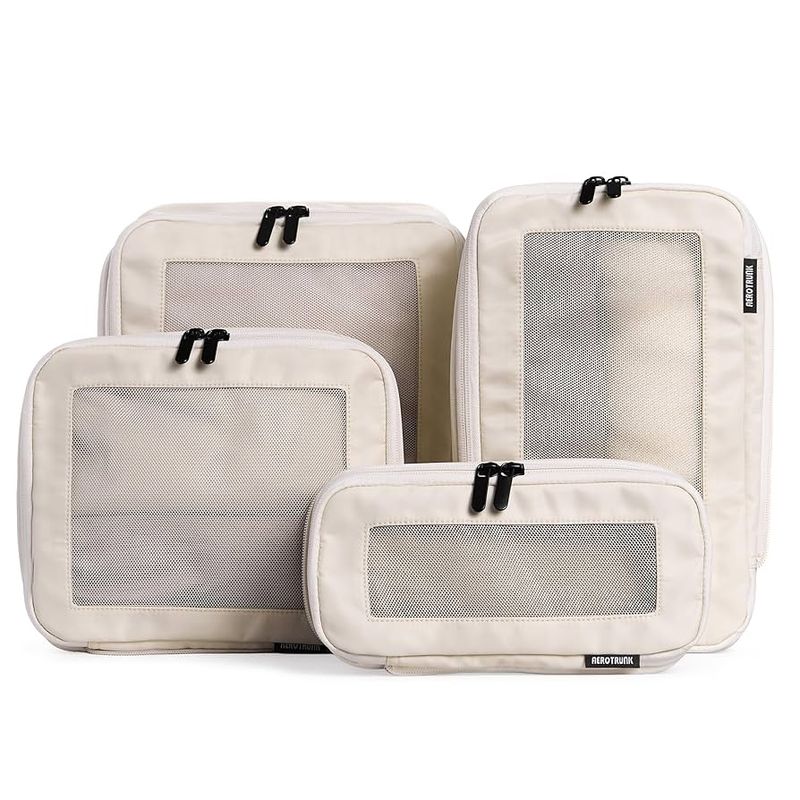
Dirty clothes mixed with clean ones create unpleasant surprises when you open your suitcase after a two-week European adventure. Many travelers simply stuff everything together, creating organizational chaos and spreading odors throughout their luggage.
Compression cubes maximize packing space while keeping items organized and separated. They compress clothes to fit more in your suitcase and make finding specific items much easier during your trip.
A waterproof laundry bag prevents wet or dirty clothes from contaminating everything else. After that rainy day in London or beach day in Greece, you’ll appreciate having a designated space for damp items that won’t ruin your electronics or clean clothes.
9. Credit Card with No Foreign Transaction Fees
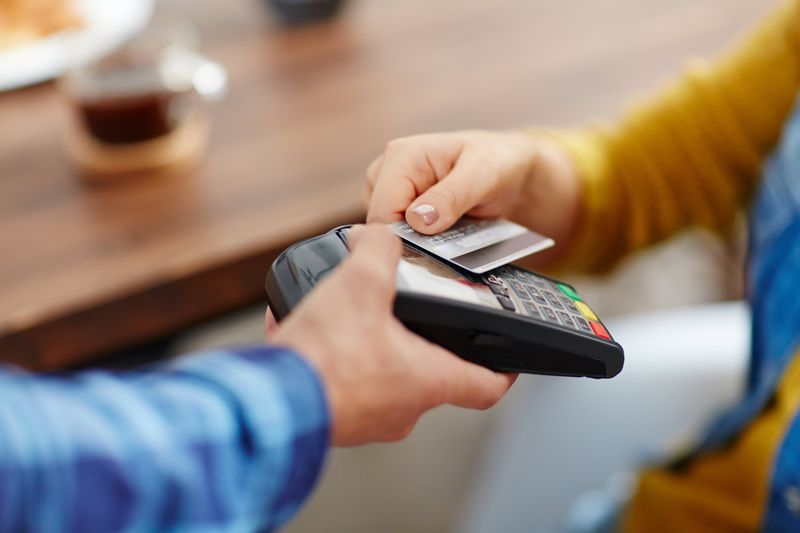
Those 3% foreign transaction fees add up quickly when you’re buying meals, souvenirs, and activities abroad. A $100 dinner in Rome becomes $103, and after two weeks of travel, you’ve paid an extra $200 just in fees.
Many American credit cards charge foreign transaction fees, but several companies offer cards without these charges. Popular options include Chase Sapphire, Capital One Venture, and various travel rewards cards designed for international use.
Apply for a no-fee card several months before traveling to ensure approval and delivery. These cards often include additional travel benefits like trip insurance, rental car coverage, and fraud protection that proves valuable when traveling internationally and making purchases in foreign currencies.
10. Physical Map or Offline Maps
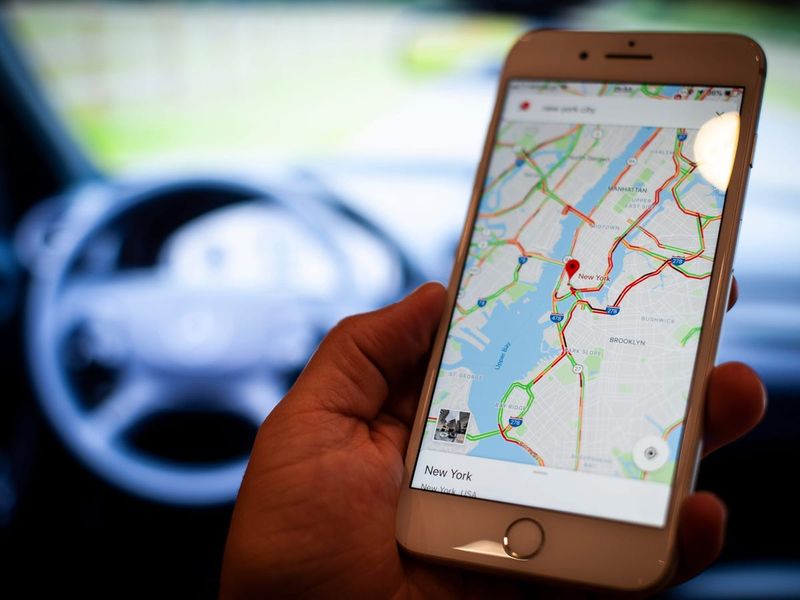
Google Maps works great until you lose cell service in the middle of nowhere or your phone dies while navigating narrow streets in an unfamiliar city. Over-reliance on digital navigation leaves many travelers completely lost when technology fails.
Download offline maps before leaving home using apps like Google Maps offline or Maps.me. These work without internet connection and include walking directions, points of interest, and basic information about local businesses and attractions.
Consider carrying a physical map as ultimate backup, especially for remote areas or countries with unreliable internet service. Paper maps never run out of battery and provide broader geographic context that helps you understand your location better than small phone screens.



